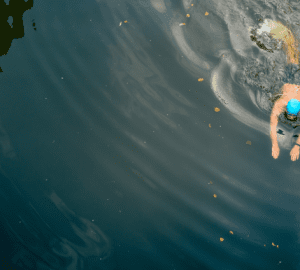Portuguese man of war washes up on UK beaches
Along with great white sharks and piranhas, the Portuguese man of war is top of most swimmer’s lists of sea creatures they would least like to bump into. So take care when swimming round the UK coast this weekend, as the Marine Conservation Society (MCS) has warned that it has received reports of sightings of the creatures washed up on beaches in Cornwall and the Scilly Isles, just weeks after authorities in Ireland warned beach goers about a spate of strandings of this potentially dangerous floating sea creature.
The MCS has warned the public not to touch the Portuguese Man of War, which is not a single animal but a floating colony. Stings can be exceptionally painful and in extreme cases fatal.
Portuguese man of war are only occasionally reported in UK waters, with the last significant UK strandings of the species occurring in 2009 and 2012.
“We don’t receive reports of Portuguese Man-of-War every year, but when we do they can turn up in big numbers, usually around about this time of year”, said Dr Peter Richardson, Head of the MCS Biodiversity Programme, “In the last couple of weeks we’ve received several confirmed reports of Portuguese Man of War stranded on beaches around Cornwall and the Scilly Isles. With the earlier strandings in Ireland, these recent sightings could herald the arrival of more of the creatures as they get blown in from the Atlantic.”
The Portuguese Man-of-War isn’t a jellyfish but is closely related, and consists of a floating colony of hydrozoans – lots of tiny marine organisms living together and behaving collectively as one animal. A Cornish pasty-shaped, transparent purple float is visible on the water’s surface whilst the blue, tentacle-like ‘fishing polyps’ that hang below the float can be tens of metres in length.
“It’s the tentacle-like polyps that can give an agonising and potentially lethal sting,” said Dr Richardson.
“Because a stranded Portuguese Man of War looks a bit like a deflating purple balloon with blue ribbons attached, children will find it fascinating. So, if you’re visiting a Cornish beach this weekend it’s well worth making sure you know what these animals look like and that no one picks them up.”
If you spot a Portuguese Man-of-War then report the sighting immediately, ideally with a picture, to www.mcsuk.org.
Download The Definitive Guide to Jellyfish for Outdoor Swimmers, which appears in the October/November 2016 issue of H2Open.
Image credit: Peter Sope








